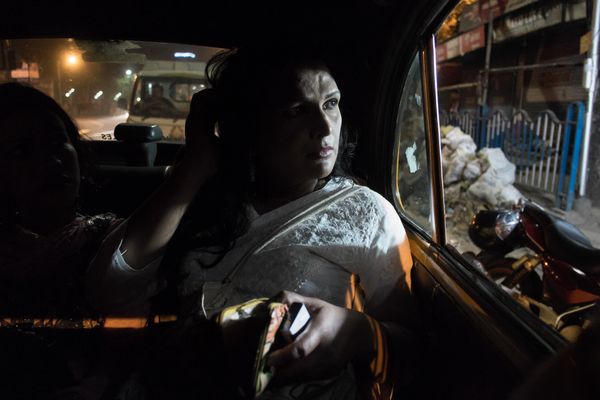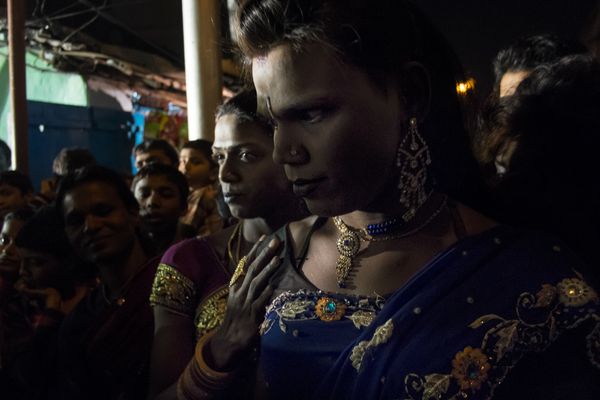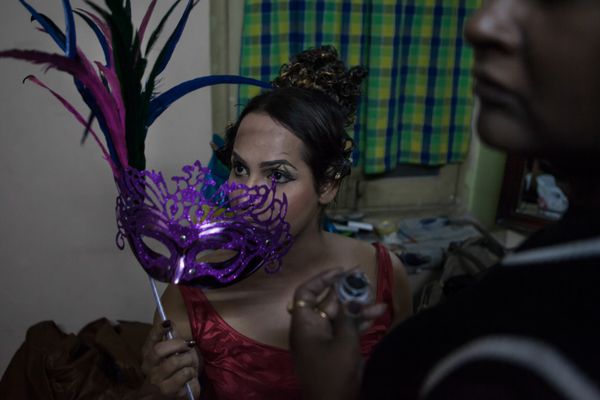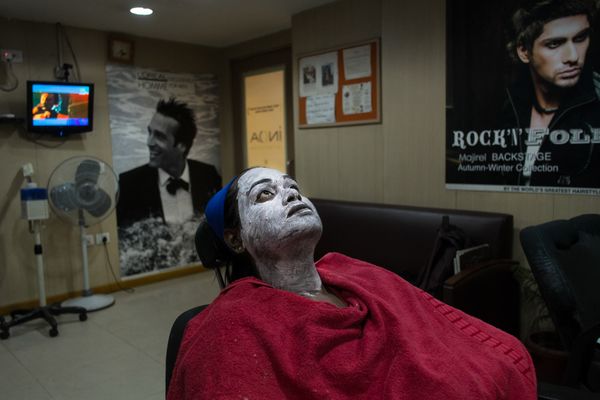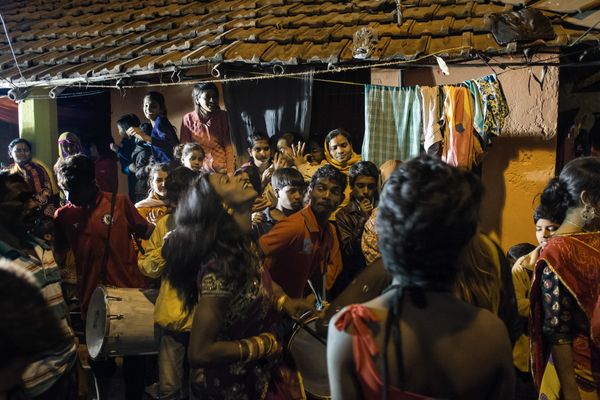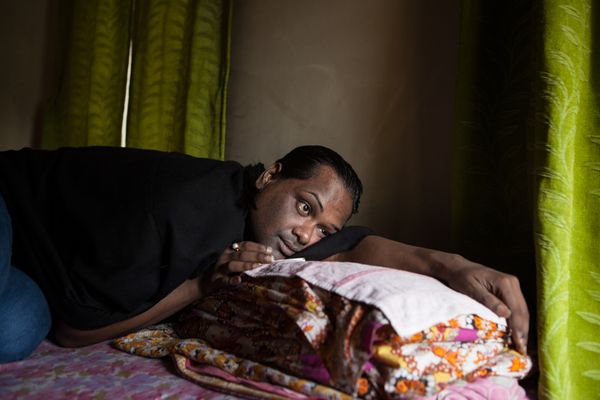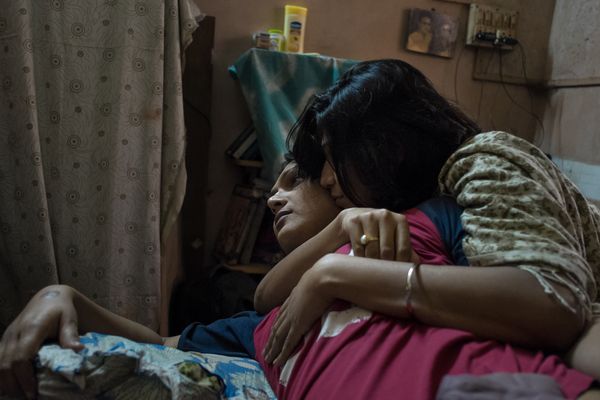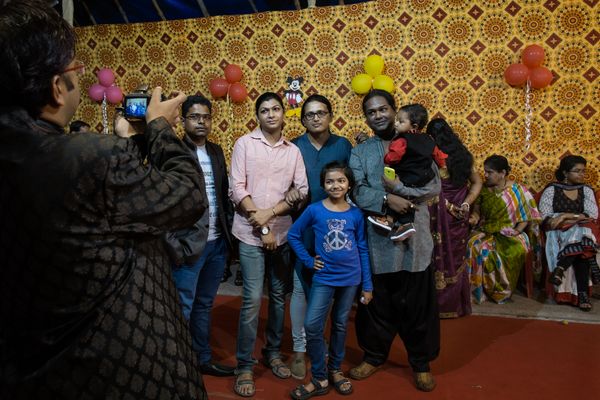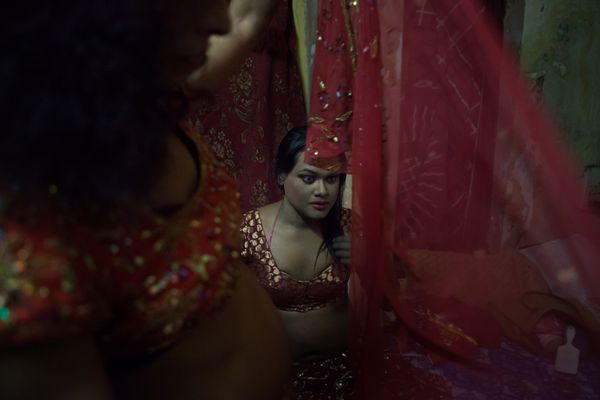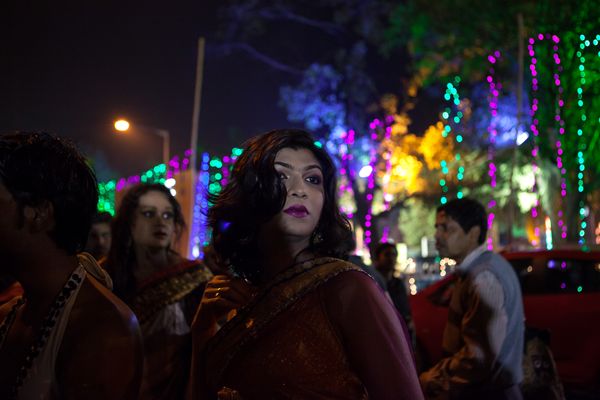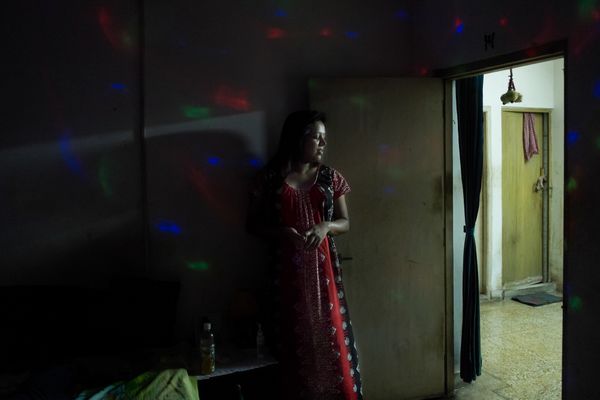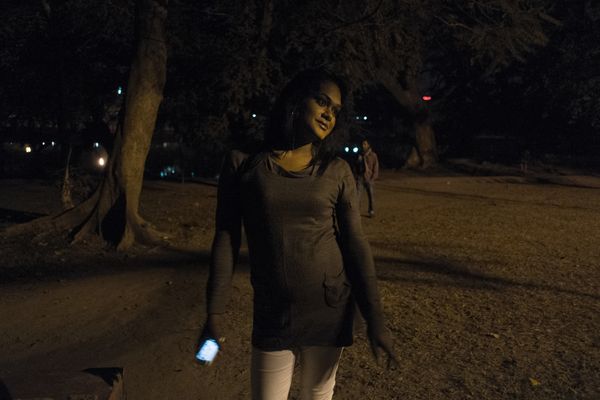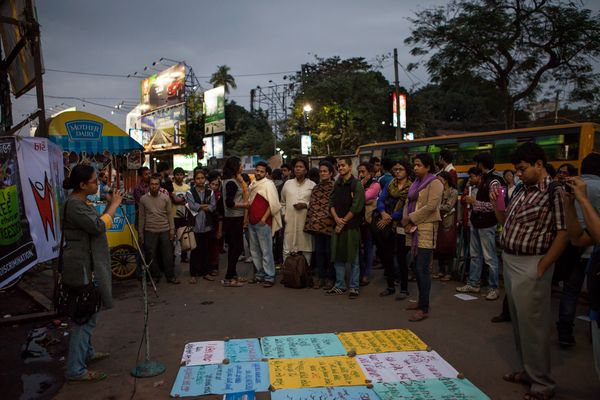Being kothi
-
Dates2015 - Ongoing
-
Author
- Topics Social Issues, Contemporary Issues, Documentary
Kothi refers to a spectrum of feminine individuals, assigned the male sex at birth, whose gender identities range from that of transwomen to effeminate men. This is the story of Raina, her friends, and part of the trans community in Kolkata (West Bengal, India).
Raina and her friends are living in Kolkata (West Bengal, India) and they identify as Kothis. This story revolves around Raina, she had been a sex worker and she used
to live in the Hijras community in Delhi. At the time when she lost her parents, she had been deciding to start a new life as a human rights activist. Rania often hosts friends at her house because in their own family’s homes they cannot dress up as women, wear makeup, be themselves.
Most people in the Kothi community (a spectrum of feminine identified persons assigned male at birth, ranging from feminine males to transgender women) seek to live a life within Indian society, but for them it is hard to stay with their families and to find a job. Hijras may be classified as a branch of the Kothi family, differentiated by their kinship system, occupational practices and initiation rites. They live in separate communities with their own rituals and professions (like begging, dancing at weddings or blessing babies). Some Hijra identify as Kothi as well, while not all Kothis identify as Hijra, and pursue a variety of professions although many are marginalized and lack occupational options besides sex work.
Activists say that there are hundreds of thousands of transgender people in India, but because they haven’t been legally recognized, they face ostracism, discrimination, abuse and forced prostitution. In April 2014, the Supreme Court ruled that transgender people should have the right to self-determine their gender, whether as male, female or third gender. The court recognized the presence of several transgender people in Indian society and history, referring to ancient Hindu and Jain texts and to the place of transgender people in India's Mughal courts. This decision was particularly welcome, considering that another judgment in December 2013 reinstated a colonial-era law that labels non-procreative sex as "carnal intercourse against the order of nature" (Section 377 of the Indian Penal Code) and implicitly criminalizes same-sex desiring people. Hundreds of human rights violations against homosexual people have been recorded across India since the Supreme Court’s verdict on Section 377, forcing many to conceal their sexual identity.
